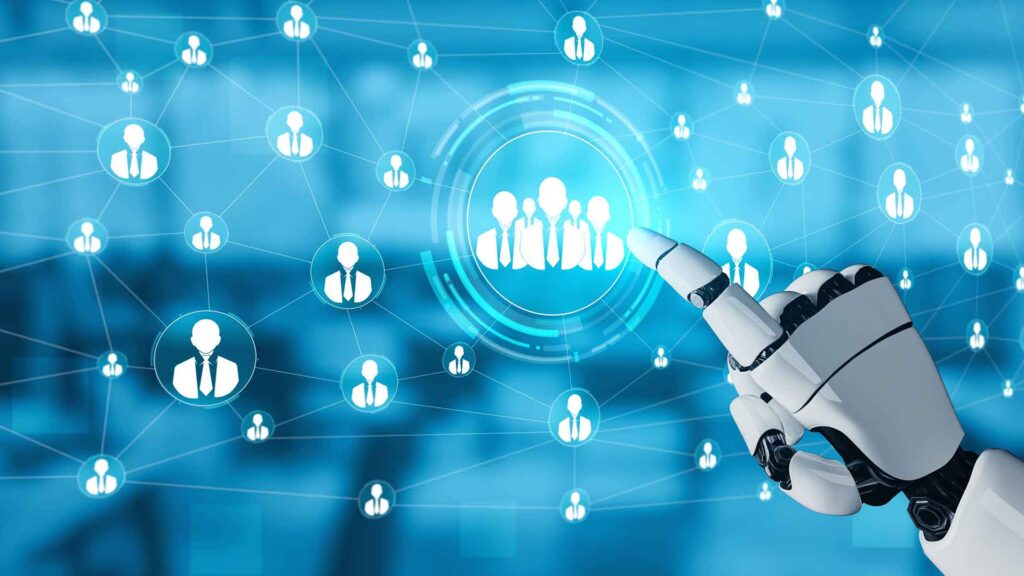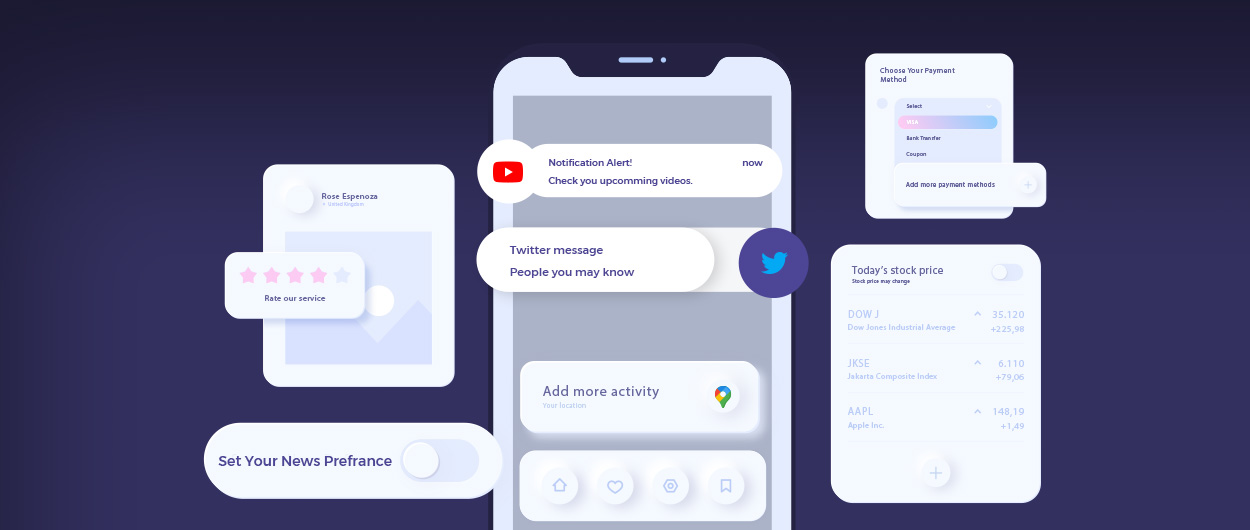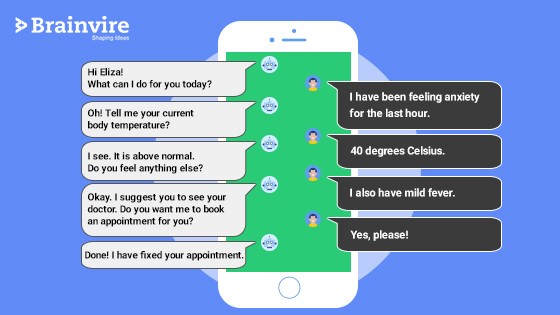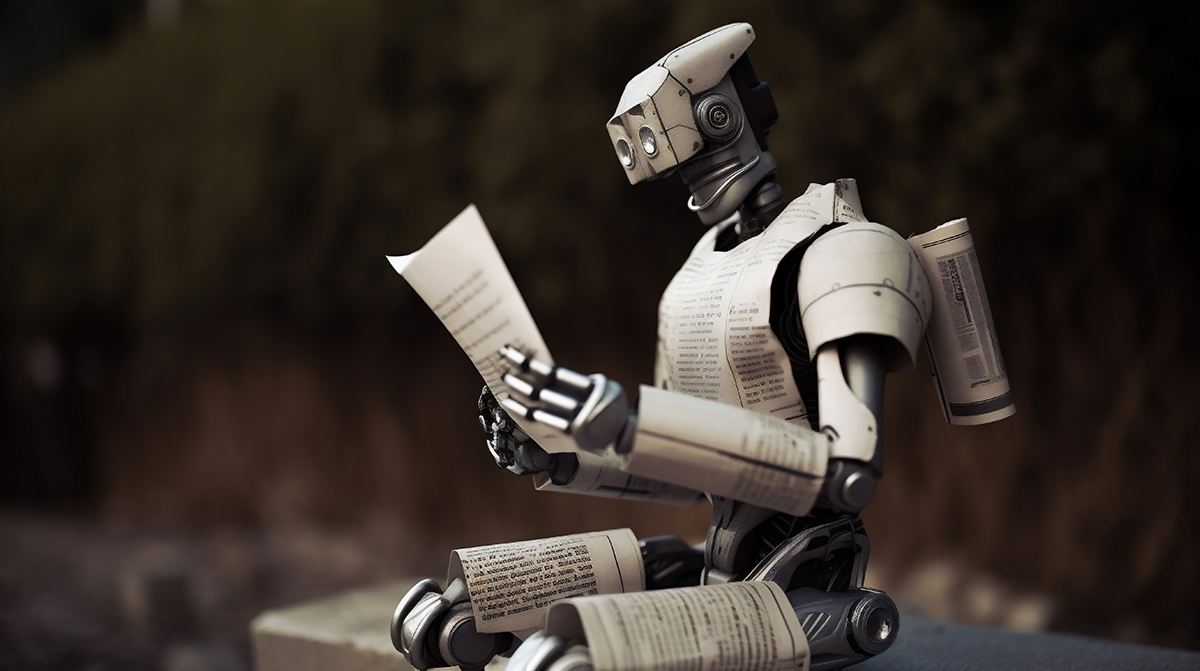Did you know the average time to fill a role is 36 days? Among the numerous HR activities, the recruitment process involves multiple layers and is time-consuming. Incorporating AI in employee engagement can streamline job descriptions, budgeting, approvals, screening, and interviews, enhancing HR’s overall scope.
Artificial Intelligence and Machine Learning brought much-needed assistance and facilitated smoother HR operations. With the potential to streamline recruitment processes, AI/ML has opened new doors for HR professionals to work smarter and more effectively.
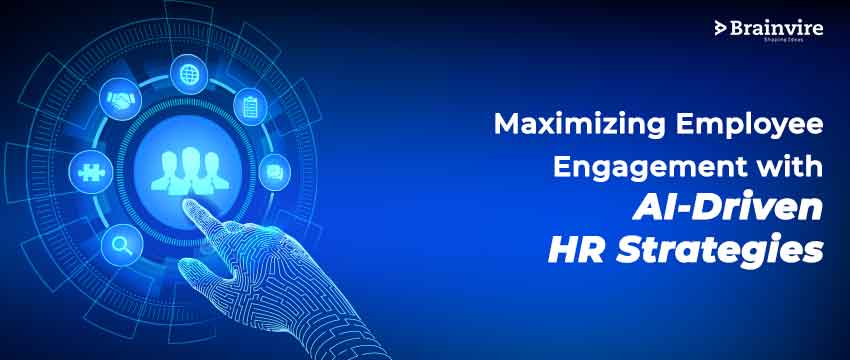
By automating everyday and repetitive tasks, HR professionals can focus on strategic initiatives such as employee engagement, retention, and development. We share how AI helps organizations approach employee management in the below space.
Benefits of Implementing AI in HR Processes
Personalizing Employee Experience
HR is all about employee centricity and upskilling resources. AI can help HR personalize employee experiences by offering customized learning and development programs, leading to better employee engagement and retention.
Reduction of Human Error
Juggling between multiple tasks makes an HR personnel’s job more challenging and may cause misses. AI technology can reduce human error and increase accuracy by automating repetitive and time-consuming tasks, allowing HR professionals to focus on strategic initiatives.
By integrating an human resources platform, HR teams can streamline their workflows and enhance overall efficiency.
Improved Decision-Making
HR personnel make several decisions, including organizational structure, workforce planning, and succession planning. AI provides data insights that promote fact-based decisions.
Avoiding Bias and Discrimination
Humans may get biased toward certain selective groups based on personal prejudices. But AI is free of bias, providing objective and fair assessments of candidates.
Cost Savings and Improved Efficiency
With the accurate hiring of apt candidates, fostering of favorable policies, and an improved culture, AI reduces loss due to attrition.
Better Employee Referrals
Talents attract talent. By analyzing the previous recommendation of employees and their performance, AI can rate the quality of the subsequent referral. Better candidates reduce the company’s time, effort, and costs to add better resources.
What Are Some Examples of AI In Use For HR Processes?
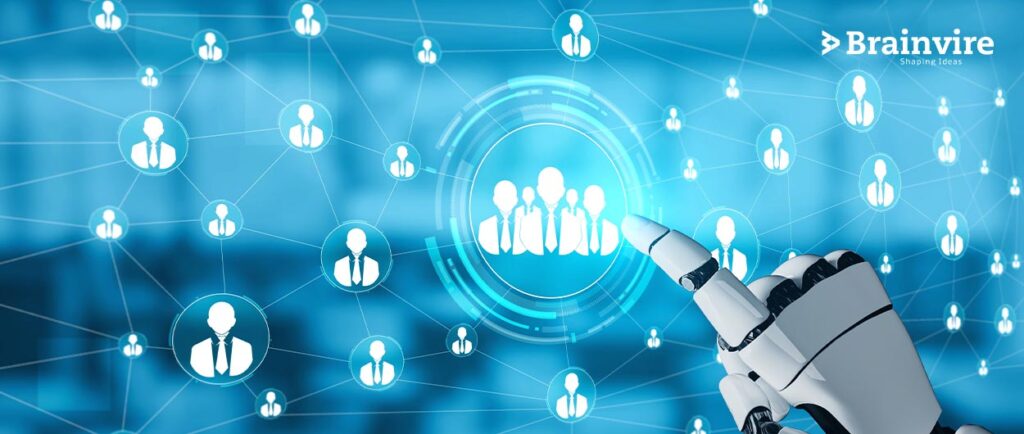
Leena AI
Leena AI is a virtual assistant that aids in automating an employee’s complete journey, including onboarding, offboarding, and everything in between. New hires find such personalization clear and meaningful, reducing their dropout rates.
Hono.AI
Hono.AI is an AI platform that helps find the perfect skilled candidate from a list of options and the assigned budget. With this integrated platform, your organization can roster, manage payroll, and plan employee growth.
Challenges and Limitations of AI in HR Processes
Like other industries, AI in HR operations relies on data input for the best results. However, if the data fed is biased, insufficient, or limited, you can’t expect favourable outcomes. Here are a few challenges and limitations that organizations should be aware of before integrating AI into HR processes:
Resistance To Adopting AI
Many HR professionals that need to be more open to knowing how AI works or how to use it effectively cause an obstruction to its full use. This can lead to resistance to change and poor adoption of AI technologies.
Lack of Human Touch
AI is, of course, not human, and it’s best left from activities that require human tact. Certain HR functions, such as employee relations and conflict resolution, cannot come under AI’s scope. To win employees’ trust and engagement, humans are better(yet).
Future Expectations From AI

The future of AI in HR is exciting and holds great promise. As the use of AI continues to grow, HR departments will increasingly rely on AI to automate routine tasks, analyze data, and make faster, more accurate decisions.
Testlify is a powerful skills assessment tool that helps businesses identify top talent through pre-employment screening, with a standout feature: video AI interviews. This AI-driven tool assesses candidates’ responses in real-time, making it easier to evaluate communication skills and problem-solving abilities. Streamline hiring and improve team performance with Testlify.
Here are some potential future applications of AI in HR:
Analytics At Scale
As candidate data gathers volume, AI will aid in identifying trends, patterns, and insights – a complex task for humans. Talent acquisition, retention, and development will benefit from such informed analytics.
Chatbots
With Chatbots, AI can organize interviews, check the interviewer’s schedule, and make and send appointments. AI chatbots can process employee onboarding and offboarding also. In the future, chatbots will handle more complex tasks such as coaching and performance management.
Predictive Analysis / Suggestions
With AI’s help, HR can take up more proactive roles like forecasting. This will include addressing workforce issues, identifying potential skills gaps, planning to hire, and staying ahead of the competition.
[You might find it interesting: What role does Data Analytics play in HR Portals in Employee Performance?]
Conclusion
Spending on AI tools and platforms to assist HR functions makes it a good measure of fostering the growth of employees while automating routine tasks like payroll and attendance management. In addition, AI will make personalization possible for HR to provide a customized employee experience based on individual preferences, needs, and goals. Therefore, adopt AI combined with Deep Learning for a proactive, efficient, and innovative HR function.
Related Articles
-
Optimizing for Speed and Security: Integrating Gemini Pro in Your Mobile Apps Responsibly
With the right integration of Gemini Pro, your mobile apps can now have the best balance of motion protection. This article explores the art of responsible integration, which is increasingly
-
Chatbots: Your New Healthcare Assistant
Chatbots, or a talking software programs or smart algorithms which dexterously conduct conversation via auditory or textual methods, are becoming popular and widespread. They have been proving its mettle in
-
Ensure Content Integrity: Top AI-Powered Plagiarism Checkers You Need in 2025
Introduction Plagiarism checking is critical for ensuring content originality, whether for academic, professional, or content marketing purposes. In 2025, AI-powered plagiarism checkers offer more than just basic plagiarism detection. They

